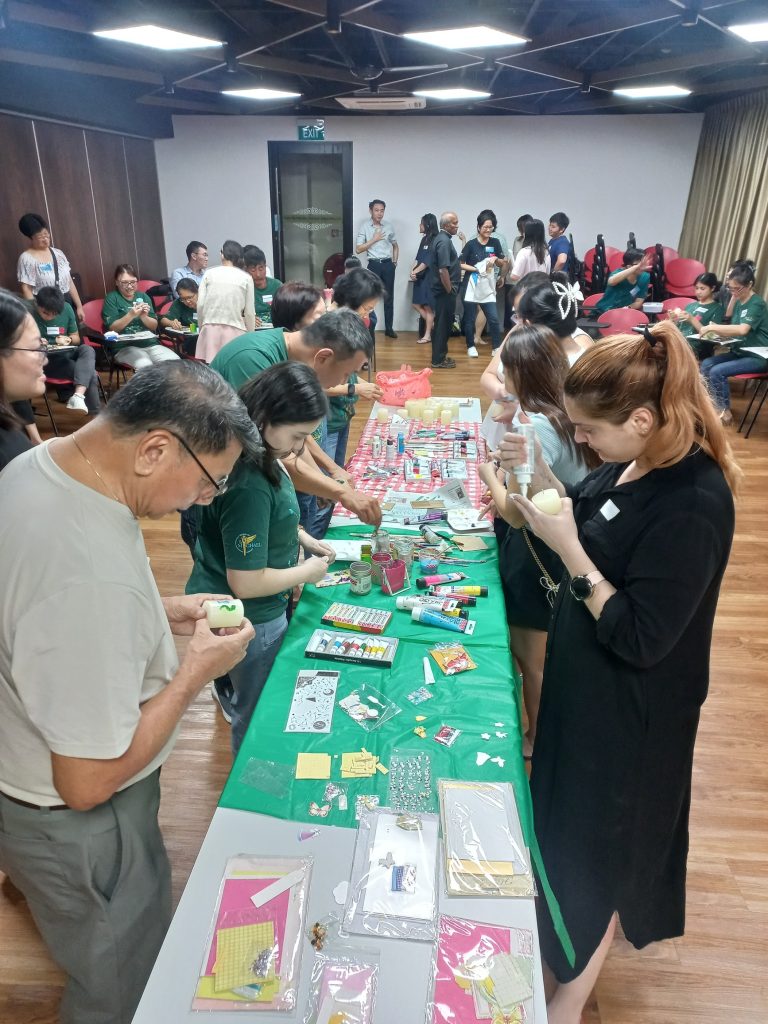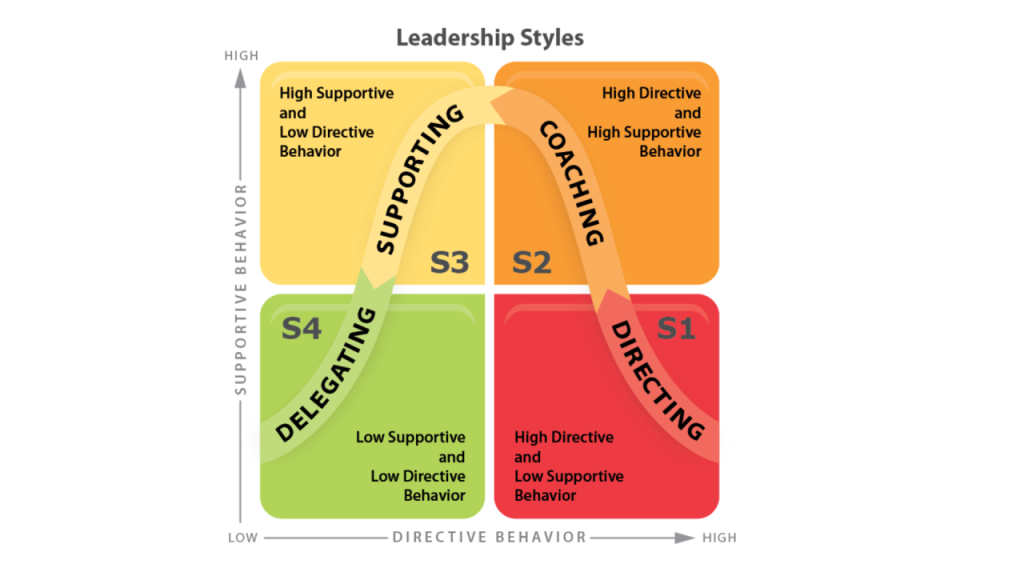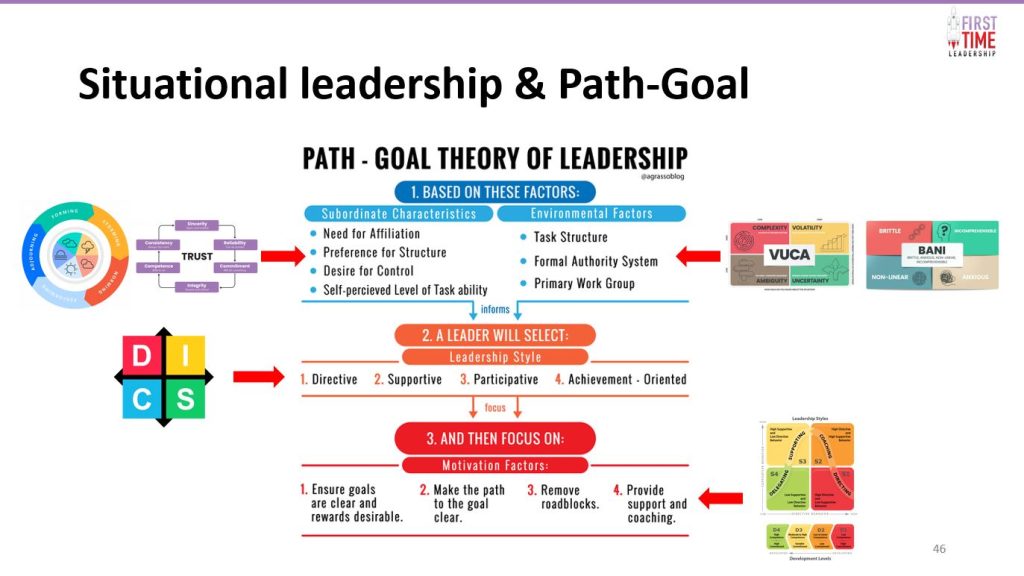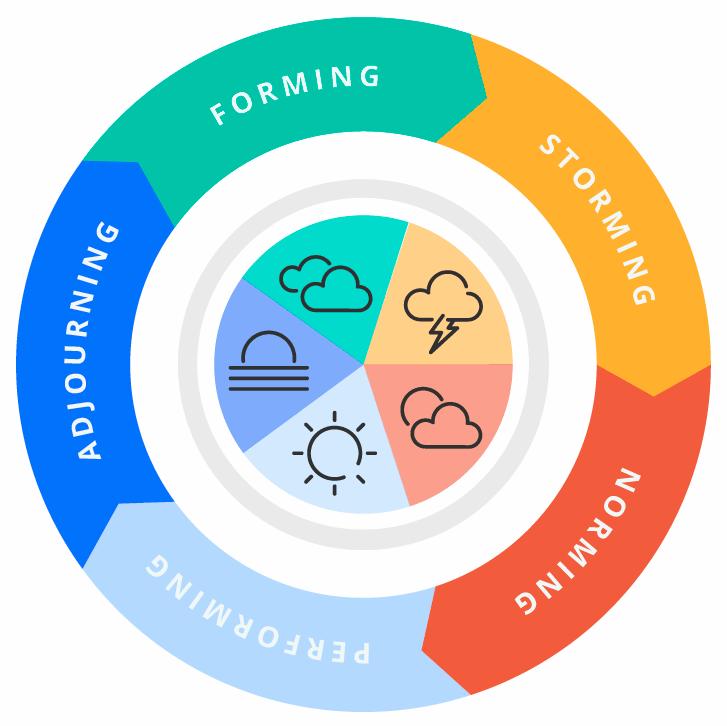To be a better Situational leader.
Yesterday on 16 Jul 25 I received a particular feedback from a leadership workshop participant.
“In relation to Situational leadership, we can also explore the Path-Goal Theory.”
Situational leadership is adapting your leadership style to the situation and the level of competency of your those involved.
Path-Goal Theory calls for a leader to adjust their leadership style, traits and behaviours based on team productivity, motivation and satisfaction to achieve desired outcomes.
Sounds similar enough, so what does this have to do with an Easter Octave event that I, together with others, helped organise for the Church of St Michaels on 24 Apr 2025?
You see. We had planned for the following:
- 7pm to 8pm – Dinner
- 8pm to 930pm – 5 Activities to keep everyone engaged on the Easter Theme of the Resurrection of our Lord Jesus Christ.

In reality, what happened was:
- 7pm to 830pm – Extended dinner as participants were enjoying their fellowship.
- 830pm to 930pm – We ran 3 activities instead of 5, so we could end on time.

Being a Situational leader calls for a clear identification of the desired outcomes in a situation, and in practice, the model is quite simple and easy to understand as it tells you two key factors for consideration.

However, the Path-Goal model gives a more comprehensive overview of what really happens when one attempts to situationally lead, because in reality there are many factors at play.
For example:
1 – Trust – What is the degree of trust you have with those involved in the situation?
2 – Team development – Based on Tuckman’s model of team development, which stage is the team in?
3 – VUCA & BANI – To what degree are the internal and external instabilities in relation to the situation?
4 – Leadership style – What is your natural leadership style?
5 – Situational leadership – based on the earlier 4 points and other factors in the image, you become that Situational leader.
Every leader is a Situational leader, and knowing the factors at play that influences your Situational leadership could help you to become an even better one.
What do you think?
#firsttimeleadership #leadership #leadershipdevelopment #leader #leaders #firsttimeleaders #frontlineleaders #teamleader #teamleaders #trust #tuckmansmodel #teamdevelopment #teamdynamics #vuca #bani #situationalleadership

